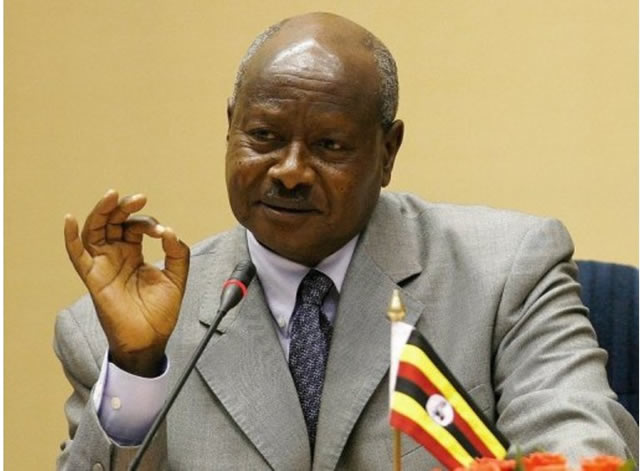
BY ELIAS BIRYABAREMA
Kenya: Expectations that Uganda will spend more than planned ahead of an election due in early 2016, pose risks for investors who are demanding higher returns to hold Government debt. President Yoweri Museveni, 70, who has overseen rapid economic expansion during his almost three decades in power but has a weaker record on fiscal discipline, is widely expected to run for re- election in 2016, though he has yet to declare his candidacy. Investors worry about a repeat of the 2011 presidential election campaign, when Government spending surged, helping drive inflation to an 18-year high of 30 per cent and sent the Ugandan shilling plunging to an all-time low of 2,901 in September 2011.
In response, the Central Bank jacked up lending rates to 23 per cent in November 2011, angering businesses and triggering public protests about the rising cost of living. For now, indicators are fairly benign, with inflation at just 1.8 per cent in December, helped by falling food prices, but the shilling, like other emerging market currencies, has been weakened by a resurgent dollar and has fallen 12 per cent in the past 12 months to around 2,865.
Yields on Ugandan debt are starting to price in what investors see as growing risk. The yield on one-year paper was 14.2 per cent at a January 7 sale, compared to 11.9 per cent in June. Faisal Bukenya, head of market making at Barclays Bank, said investors were demanding higher yields “as they anticipate inflation to rise into 2016 as the election spending takes off.”
The Government overshot its borrowing target by 67 per cent in the fiscal year ended June 2014, partly because of a row over an anti-gay law that led some donors to hold back aid, which has now largely resumed. See Also: Cofek unsatisfied with oil prices Finance Minister Maria Kiwanuka, in her budget speech in June, said the Government would borrow USh1.4 trillion in 2014/15, down from USh1.7 trillion in 2013/14, but spending would rise to USh15.1 trillion, from USh13.2 trillion.
Experts doubt the Government will keep to that target. “Considerable fiscal slippage is likely ahead of the 2016 polls,” said Clare Allenson, Africa analyst at Eurasia Group.
FRENCH VERSION


